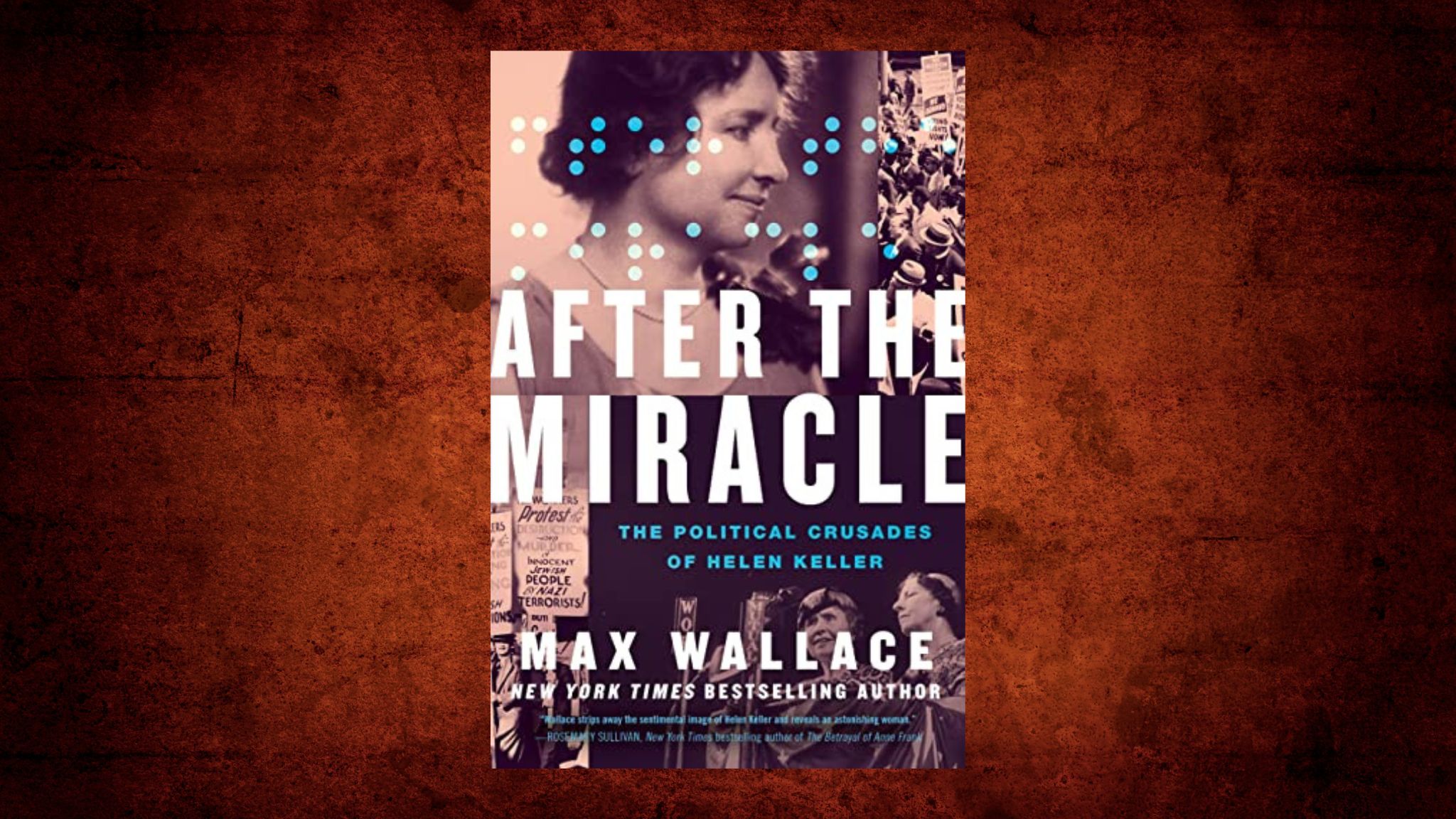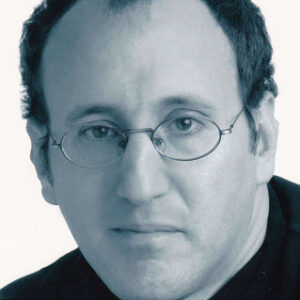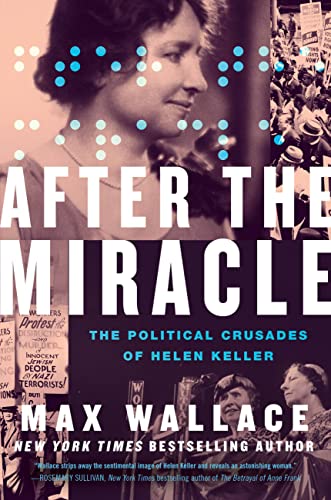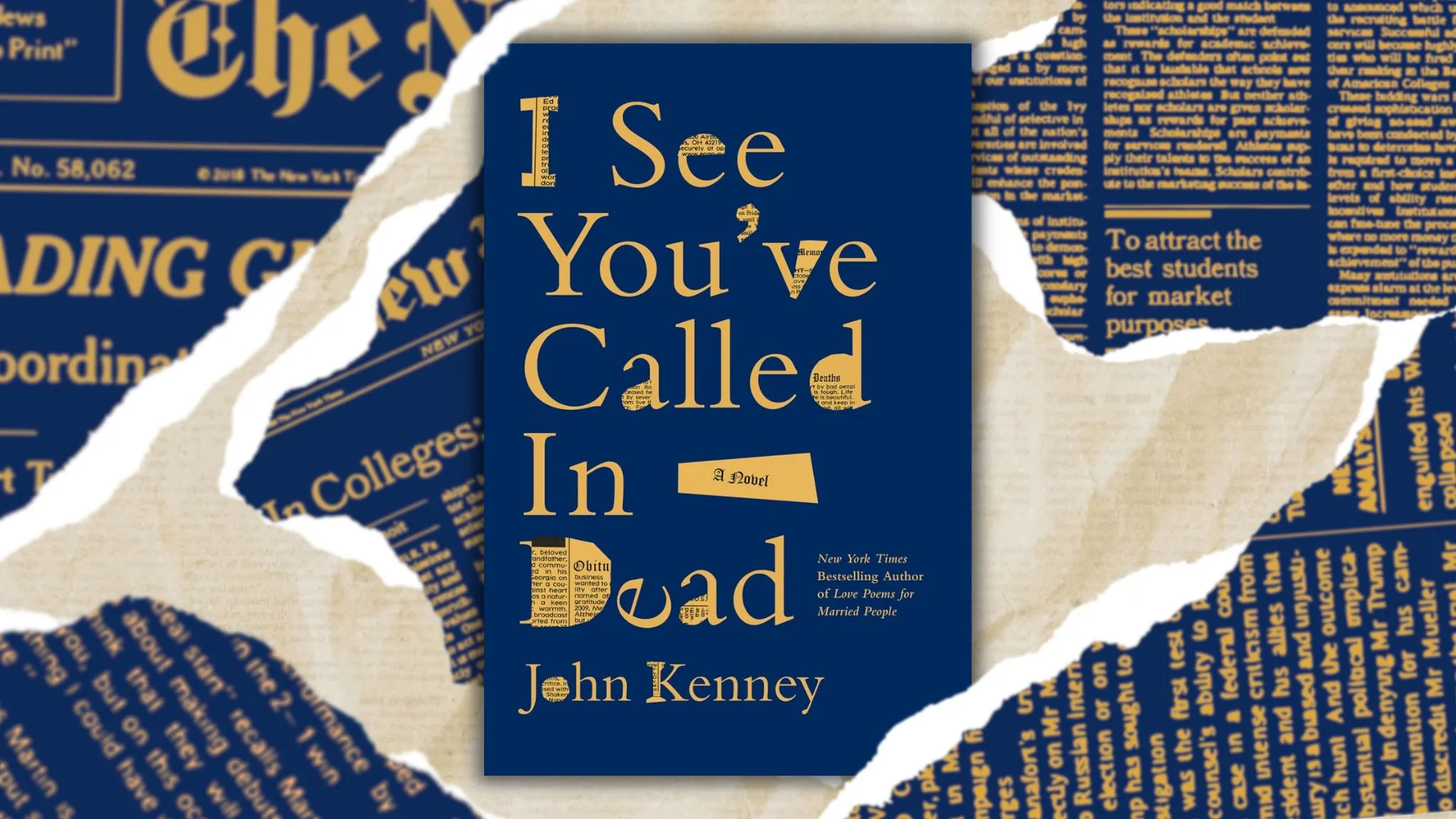
After the Miracle by Max Wallace
What’s it About?
In this powerful new history, New York Times bestselling author Max Wallace draws on groundbreaking research to reframe Helen Keller’s journey after the miracle at the water pump, vividly bringing to light her rarely discussed, lifelong fight for social justice across gender, class, race, and ability.
Born into an affluent Alabama family in 1880, Helen Keller lost her sight and hearing during a childhood illness. Unsurprisingly, in late-nineteenth-century America, few doctors and teachers devoted time to making the world a happy, comprehensible place for disabled children.
“My mind was a question mark, my heart a frustration,” Helen Keller would reflect years later.
Helen’s frantic parents sought help for their temperamental daughter, who often expressed herself angrily. After consulting with the inventor Alexander Graham Bell and Michael Anagnos, director of the Perkins School for the Blind in Massachusetts, the Kellers hired young Annie Sullivan to be Helen’s governess. Annie herself had experienced blindness due to trachoma; her sight was restored with surgery.
Helen’s legendary flowering under Annie’s tutelage became imprinted in the minds of at least a few generations. Through plays and films in particular, scenes from Helen’s life—especially those related to learning and understanding language—have remained embedded in popular culture.
That legend is the impetus for a new biography, After the Miracle, the Political Crusades of Helen Keller by Max Wallace, a journalist whose books have explored the Holocaust and World War II history.
To say that After the Miracle is enlightening would be an understatement. Even Helen Keller’s most knowledgeable admirers may not be aware of her political activism and outlook.
Indeed, Wallace suggests, we think we know a lot about her but we do not. In the course of her long life Helen was a socialist, a pacifist, a militant suffragist, and a fierce opponent of racism and antisemitism. She was fundamentally opposed to capitalism, championed the Russian Revolution, and embraced W. E. B. Du Bois and the civil rights movement after the NAACP was founded in 1909.
How is it possible that this information has remained largely unknown? Wallace argues that the legend of Annie Sullivan and Helen Keller, that joyful story of success, has effectively eclipsed accounts of Helen’s activism.
ENLIGHTENING WOULD BE AN UNDERSTATEMENT
He also demonstrates that directors of the American Foundation for the Blind and Helen’s three beloved gatekeepers, including Annie Sullivan, censored her. Worried that she would sully her iconic reputation, they often insisted that Helen retract certain statements and speak lightly about her concerns.
The author’s prolific research has enabled him to document in great detail the political awakening of Helen Keller. It began while she was in her early 20s, after she left home to attend the Perkins School and the Cambridge School for Young Ladies. There, she prepared for the Radcliffe entrance exams.
During that stressful time, she and Annie often retreated to Red Farm, the Boston-area country home of John Edgar Chamberlin, an esteemed writer with a large family and a leftward tilt. Visitors abounded: “an eclectic array of artists, intellectuals, and political activists,” writes Wallace. They opened Helen’s eyes to the problems of industrialization.
Books by Karl Marx, H.G. Wells, and William Morris also influenced Helen’s thinking. Further on, the writer John Macy—who would marry Annie Sullivan—affirmed her socialist beliefs. In 1912, Helen publicly identified as a socialist and dreamed of writing a book titled Industrial Blindness and Social Deafness. In 1913, she published Out of the Dark, a collection of essays about socialism.
As the twentieth century progressed, Helen supported the labor movement, tangled with former president Theodore Roosevelt about the United States’ entrance to World War I, and co-founded the American Civil Liberties Union.
The breadth of her involvement and the depth of her compassion are extraordinary. It is a testament to how effectively Helen Keller’s entourage whitewashed her image that we have the full story only now.
Eventually, Helen Keller became a ceremonial figure, but her commitment to social justice did not fade.
She died in June 1968, two months after the assassination of Martin Luther King, Jr. and five days before the assassination of Robert F. Kennedy. It will not surprise readers of this enlightening book that the struggle to end apartheid in South Africa was one of many issues that anguished Helen Keller till the end of her life.
About the author:
Max Wallace is a Canadian journalist, filmmaker, and human rights activist, and the New York Times bestselling author of five books. His most recent book, In the Name of Humanity: The Secret Deal to End the Holocaust (PRH Canada, 2017) became a national bestseller and was shortlisted for the 2018 RBC Taylor Prize—Canada’s most prestigious award for literary non-fiction. The book also won the 2018 Canadian Jewish Literary Award. As a journalist, he has contributed to the Sunday New York Times and the BBC. Since 2007, he has also worked with AMI-TV—a television network for blind and partially sighted people—to write hundreds of Described Video film and television scripts.

Publish Date: 4/11/2023
Author: Max Wallace
Page Count: 416 pages
Publisher: Grand Central Publishing
ISBN: 9781538707685






























:quality(85):upscale()/2025/05/06/835/n/1922564/8e601b95681a5cf04194c6.14070357_.png)

:quality(85):upscale()/2025/05/05/100/n/1922564/33582ae7681964cb0d40c8.72464171_.png)



![ABYSMAL RITES – “Restoring The Primordial Order” [Heavy Sludge] ABYSMAL RITES – “Restoring The Primordial Order” [Heavy Sludge]](https://horrornews.net/wp-content/uploads/2025/04/WHD581-600x330.jpg)